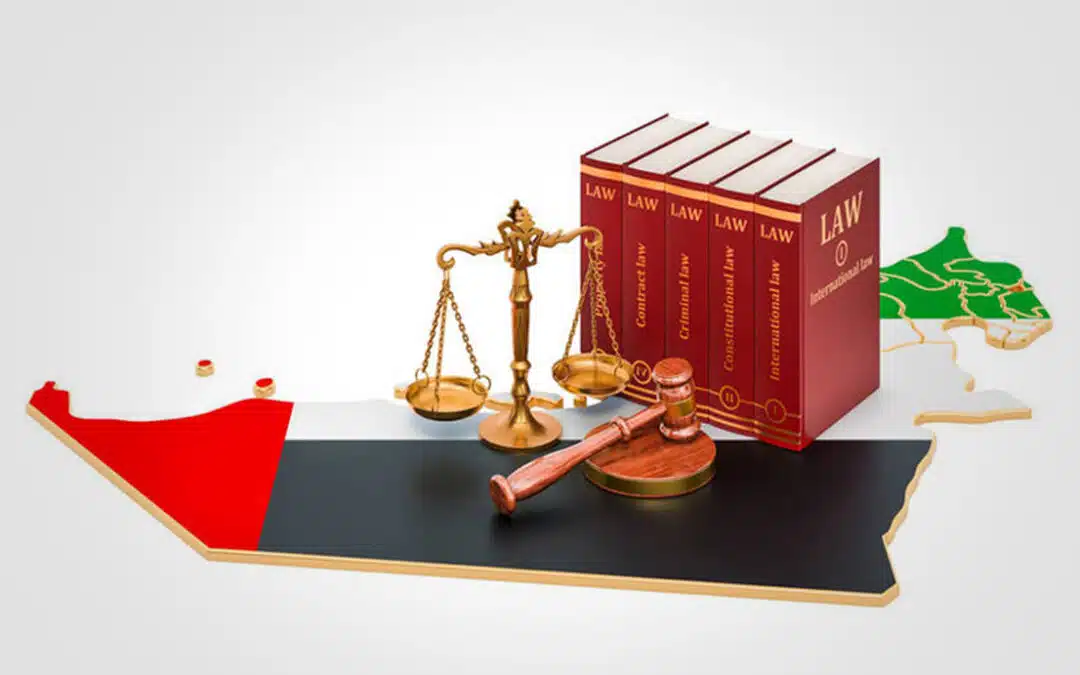In legal practice, the concept of good faith is pivotal, influencing the way parties engage in contracts and resolve disputes.
In the United Arab Emirates (UAE), a unique blend of civil law, primarily from the UAE Civil Code, and common law practices, particularly in the Dubai International Financial Centre (DIFC) and Abu Dhabi Global Market (ADGM), shapes the interpretation and applicability of good faith obligations.
This blog aims to provide a comprehensive overview of good faith in both civil and common law contexts within the UAE, highlighting its significance and implications.
1. Good Faith in Civil Law

1.1 Defining Good Faith
In civil law systems, including that of the UAE, good faith refers to the expectation that parties will act honestly, fairly, and in a spirit of cooperation during contractual relationships.
The UAE Civil Code, particularly Article 246, establishes that contracts must be performed in good faith:
“Contracts must be performed in good faith in accordance with the obligations imposed by law and the common practice.”
1.2 Role in Contractual Relationships
Good faith obligations in civil law extend beyond mere compliance with the written terms of a contract.
They encompass a broader duty to ensure that the actions of the parties do not undermine the other’s rights or interests. For instance, parties are expected to avoid engaging in deceitful practices and must be transparent in their dealings.
1.3 Judicial Interpretation
UAE courts have interpreted good faith as an essential principle guiding the performance of contracts.
When resolving disputes, judges often look for evidence that parties have acted in accordance with the spirit of the agreement.
The emphasis is not only on the letter of the law but also on the intentions and behaviors of the parties involved.
This judicial interpretation promotes fairness and accountability, encouraging parties to engage sincerely with each other.
2. Good Faith in Common Law

2.1 Understanding Good Faith
In common law jurisdictions, the interpretation of good faith varies more significantly. It is typically viewed as an implicit obligation rather than a formal requirement across all types of contracts.
In the UAE’s common law context, particularly within the DIFC and ADGM, good faith has been recognized in various contractual relationships, especially where ongoing collaboration is necessary.
2.2 Application in Contracts
In common law, the obligation of good faith often arises in specific types of contracts, such as those involving partnerships or ongoing relationships.
Courts may imply good faith obligations, requiring parties to act in a manner that is not only honest but also fair, preventing one party from unfairly taking advantage of the other.
2.3 Judicial Perspective
The DIFC Courts have addressed good faith in several significant rulings. The court highlighted the necessity for parties to act in good faith when exercising their contractual rights.
This illustrates that, even within a common law framework, the expectation of fairness and integrity remains crucial, particularly when one party’s actions could disadvantage another.
3. Applicability of Good Faith Obligations in the UAE
3.1 Legal Frameworks
The application of good faith obligations in the UAE is multifaceted, reflecting the country’s hybrid legal system.
The coexistence of civil law principles and common law practices means that parties engaged in contracts must navigate different standards of good faith.
3.2 Implications for Cross-Border Transactions
In international dealings, the concept of good faith can vary significantly between jurisdictions.
Understanding these differences is essential, especially in contracts that involve parties from both civil law and common law systems.
Careful drafting and clear definitions in contracts can help mitigate misunderstandings related to good faith obligations.
3.3 Challenges and Considerations
As businesses operate in an increasingly globalized market, challenges can arise regarding the enforcement of good faith obligations.
Inconsistent interpretations between civil and common law jurisdictions can lead to disputes.
Therefore, parties should consider including explicit good faith provisions in their contracts, outlining their expectations and obligations to ensure clarity.
Conclusion
Good faith obligations are fundamental to fostering trust and cooperation in contractual relationships.
In the UAE, the interpretation of good faith is shaped by both civil law principles and common law practices, creating a dynamic legal landscape.
Parties must be aware of the nuances of good faith in their dealings to navigate potential challenges effectively.
By understanding these obligations, businesses can better protect their interests and promote fair conduct in their contractual relationships.
You can benefit from the free legal consultation for 30-min, and get the help you need from the best lawyers in Dubai, whether you’re in the region or not!






